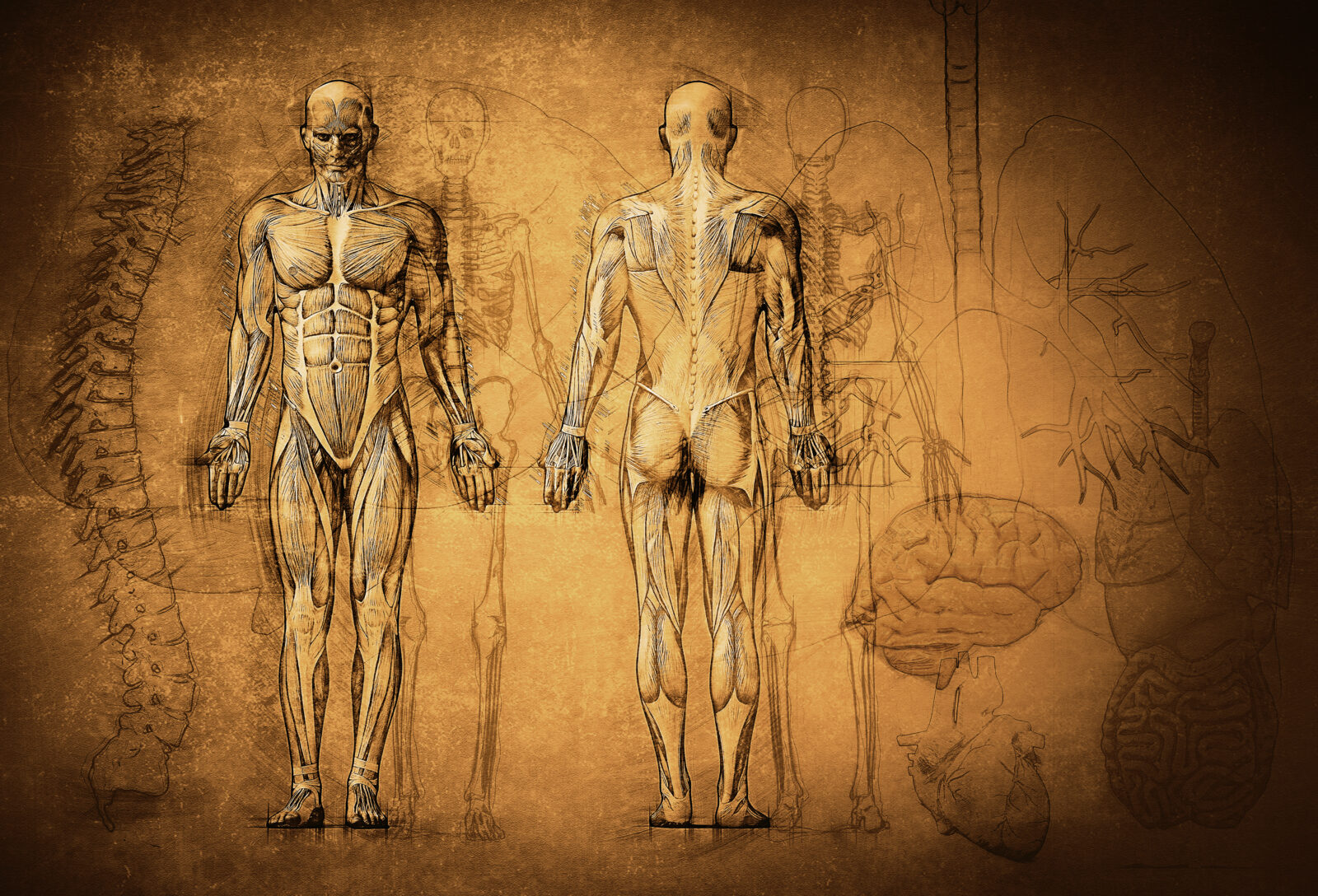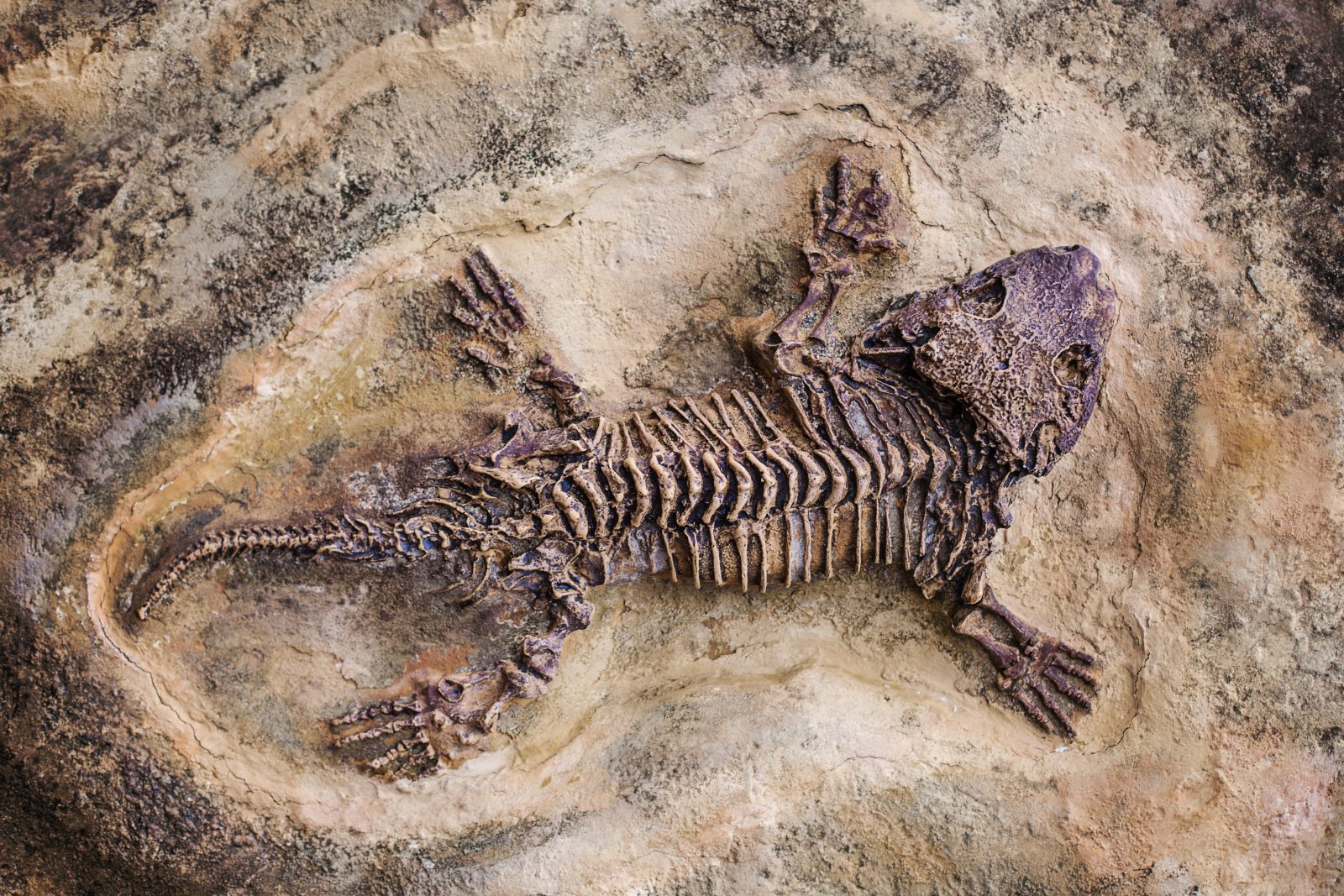


Michael Denton: The Miracle of Man Rests on a Primal Blueprint
This ID the Future continues Miracle of Man author Michael Denton’s conversation with host Eric Anderson about his latest book. The focus of this capstone work in his Privileged Species series is, as the subtitle explains, The Fine-Tuning of Nature for Human Existence. Here Denton and Anderson dive deeper into the book’s argument that science has uncovered multiple ensembles of fitness for creatures much like ourselves—land-going, airbreathing, intelligent bipeds capable of controlling fire and developing new technologies. In other words, it’s not just a handful of things about nature that appear fine tuned for our existence. It’s a long list of things, and indeed, a long list of interdependent ensembles of prior fitness—what Denton sometimes refers to as a “primal blueprint.” Internationally distinguished chemist Marcos Eberlin describes the new book as “marvelous… an epic journey through a stunning landscape of scientific discovery… most convicting.” Get your copy here.

Casey Luskin: Biogeography Is No Friend of Common Descent
On this ID the Future, geologist Casey Luskin discusses biogeography and the problems it poses for the idea of universal common descent. To make it work, evolutionists have to propose, for instance, that old world monkeys rafted across the Atlantic from Africa to South America on a natural raft. Really? That’s some raft. And how did the monkeys not starve to death? Or die of thirst? They couldn’t drink salty ocean water, after all. And talk about a genetic bottleneck! That’s just one of several problems Luskin raises with the idea that all species gradually evolved from a universal common ancestor. In his conversation with host Emily Reeves, he also touches on the problem of convergence, as when two creatures that are, at best, only very distantly related, nevertheless share a major common feature, such as humans and octopuses both having camera eyes. But evolutionists acknowledge that the putative common ancestor of humans and octopuses didn’t even have eyes, meaning the evolutionists must hold to the view that this very specific marvel of optical engineering just happened to evolve twice. Luskin notes that this example of convergence is just one of countless such instances. In each case, evolutionists find ways to explain the problem away, but Luskin compares these ad hoc patches to the epicycles that Renaissance-era proponents of an Earth-centered model of the solar system kept introducing to explain away the growing body of astronomical evidence that ran contrary to their geocentric theory. When your theory gets messier and messier to account for new data, Luskin argues, maybe it’s time to step back from the theory and consider other possibilities. The alternative he favors: common design. The occasion for this conversation is Luskin’s chapter on biogeography and evolution in the recent anthology from Harvest House Publishers, The Comprehensive Guide to Science and Faith: Exploring the Ultimate Questions about Life and the Cosmos.

Jonathan Wells and The Comprehensive Guide to Science and Faith, Pt. 1
Today’s ID the Future spotlights a new book, The Comprehensive Guide to Science and Faith: Exploring the Ultimate Questions about Life and the Cosmos, and specifically a chapter by biologist Jonathan Wells titled “What are the Top Scientific Problems with Evolution?” Wells is the guest, and the host is geologist and Center for Science and Culture associate director Casey Luskin, who co-edited the anthology from Harvest House Publishers. In this episode the first problem that Wells highlights concerns homology and convergence. A second problem involves fossils. Darwin anticipated “innumerable transitions” in the fossil record, but such a rainbow of transitional forms has never been found. Not even close. Another problem, molecular phylogenies. Another: the lack of observational evidence that natural selection can help to accumulate many small changes into major new innovations. What about the power of random mutations, with or without natural selection? Wells says that this, too, is a problem for modern evolutionary theory, and he provides laboratory evidence to support his claim. Another problem: evidence pouring in from what are known as molecular phylogenies. As Luskin notes, there is much more in the essay, and it’s only one of many essays in the new anthology, with contributions from many of the leading lights of the intelligent design movement. Each essay is written in a concise and accessible form. Find the new book at Amazon and other online booksellers.